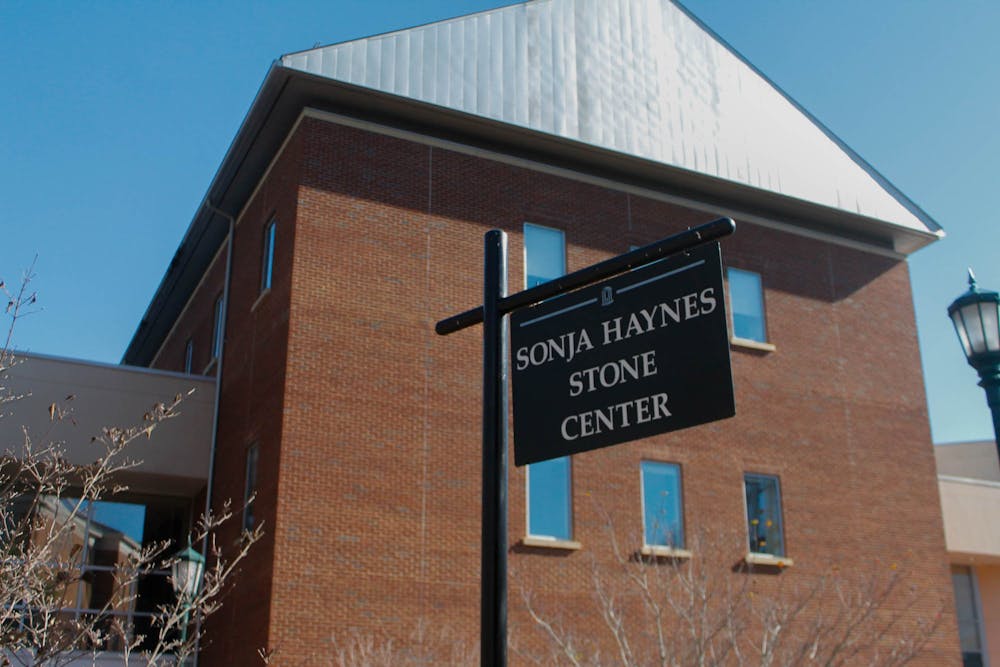In the past, North Carolina held its primary election late in the season. But this year, voters will be heading to the polls on March 3, also known as Super Tuesday.
For the presidential nomination process, state primaries determine the allocation of delegates to vote for a candidate at the parties' conventions. These delegates decide who will be on the ballot for president in November.
“This year is the first year we are actually on Super Tuesday,” said Emily Hagstrom, an organizer for NextGen America. “About 75 percent of delegates will be allocated on Super Tuesday, so it’s important to be a part of that decision.”
Out of the 14 states voting on Super Tuesday, North Carolina is the fourth largest in terms of delegate allocation.
The dates for primary elections are decided by the states and the parties. Rules are in place that determine when states can hold their primary elections. Sarah Treul, an associate professor of political science at UNC, explained that such rules include Iowa holding the first caucus and New Hampshire holding the first primary election. In the past, certain states have not followed these rules, leading to them being penalized.
“The best example of this was the state of Michigan back in 2012, and perhaps Florida too for the Democratic Party,” Treul said. “They both held primaries that the party did not approve of, which meant that the delegates that were awarded in those states did not actually count toward the final count of the convention.”
North Carolina began discussing the possibility of moving up the election date in 2016. During the 2017-2018 session, the General Assembly passed a bill mandating that primary elections will be held on the first Tuesday after the first Monday in March for all even-numbered election years, starting in 2019.
Treul said the political parties likely agreed to this change because North Carolina is a prominent swing state with important opinions on the future of the country. Going past the 2020 election, Treul said the earlier primary date has the capacity to be very beneficial to North Carolina voters.
“If you even also have that (candidates visiting the state) happen during the primary, then issues that are relevant to the state start to be more likely to appear on a presidential agenda or party platform and that’s certainly helpful to North Carolina,” Treul said.




